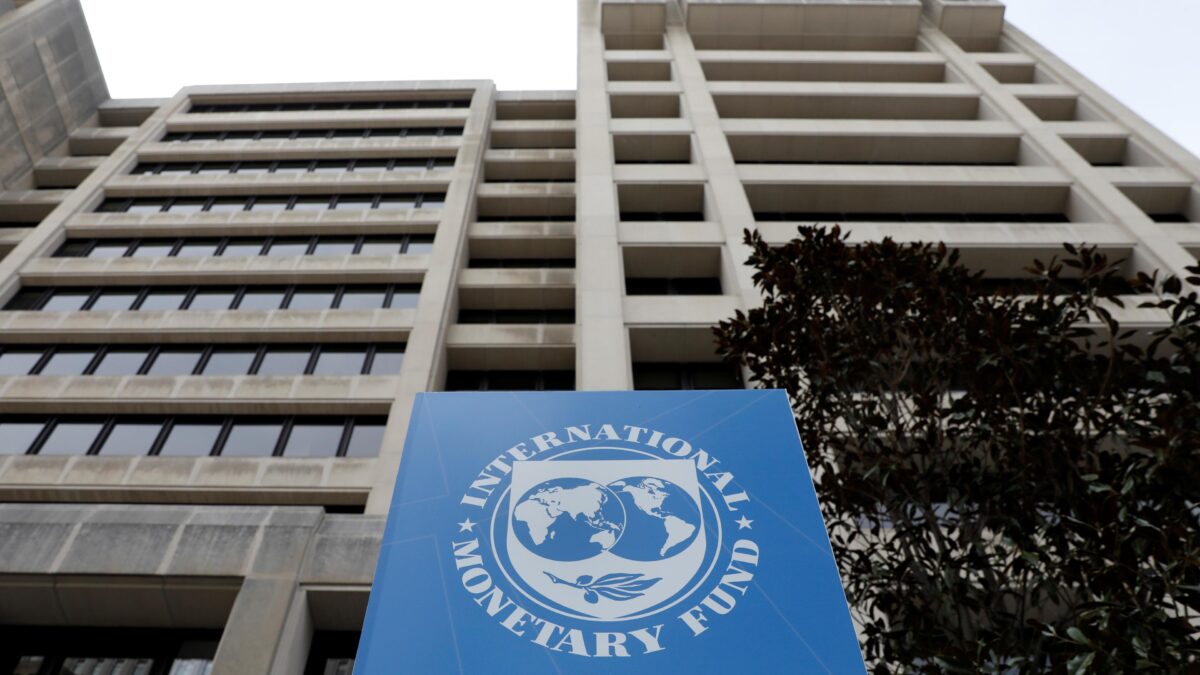Jakarta, 31 January 2024 (Source: InvestorTrust) – The International Monetary Fund (IMF) raised its global economic growth forecast.
The forecast increase was partly influenced by the unexpected strength of the United States economy and fiscal measures in China.
Global growth in 2024 is forecast at 3.1%, up 0.2 percentage points from the previous projection in October, followed by expansion of 3.2% in 2025.
Developing countries including Brazil, India and Russia also performed better than previously estimated.
The IMF believes there is now a reduced likelihood of a “hard landing”, namely an economic contraction after a period of strong growth. Although there are new risks from surging commodity prices and supply chain problems due to geopolitical volatility in the Middle East.
The IMF estimates growth this year at 2.1% in the US, 0.9% in the euro zone and Japan, and 0.6% in the UK.
“What we saw was a very resilient global economy in the second half of last year, and that will continue into 2024,” said IMF chief economist, Pierre-Olivier Gourinchas, to CNBC, Tuesday (30/01/2024).
The latest official figures showed the US economy beat economists’ expectations in the fourth quarter, with growth of 3.3%.
China has faced a number of problems over the past year, including disappointing post-pandemic spending increases, deflation concerns and an ongoing property sector crisis. The government has launched a number of stimulus measures in response, which have contributed to the IMF’s increase.
However, the IMF forecast is still below the global growth average between 2000 and 2019 of 3.8%. Higher interest rates, the withdrawal of some fiscal support programs and lower productivity growth continued to weigh, the agency said.
Restrictive monetary policy has caused inflation to fall faster than expected in most regions, which Gourinchas called “more good news” in Tuesday’s report. The IMF estimates global inflation at 5.8% in 2024 and 4.4% in 2025. In developed countries, the figure falls to 2.6% this year and 2% next year.
“The fight against inflation has borne fruit, and we have a greater possibility of a soft landing. “So this provides the basis for central banks, the Federal Reserve, the European Central Bank, the Bank of England, and others, to start easing their policy interest rates, once we know for sure that we are on that path,” said Gourinchas.
“The projection right now is that central banks will wait to get more data, they will have meeting after meeting, they will rely on data, and this confirms that we are on that path. That’s the bottom line. “And if yes, then in the second half of this year we will see a reduction in interest rates,” he continued.

